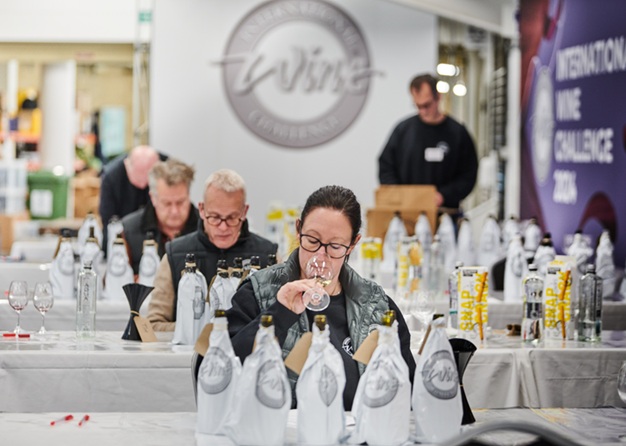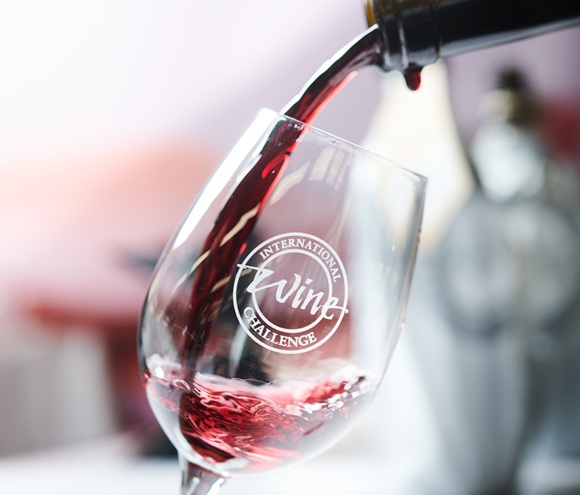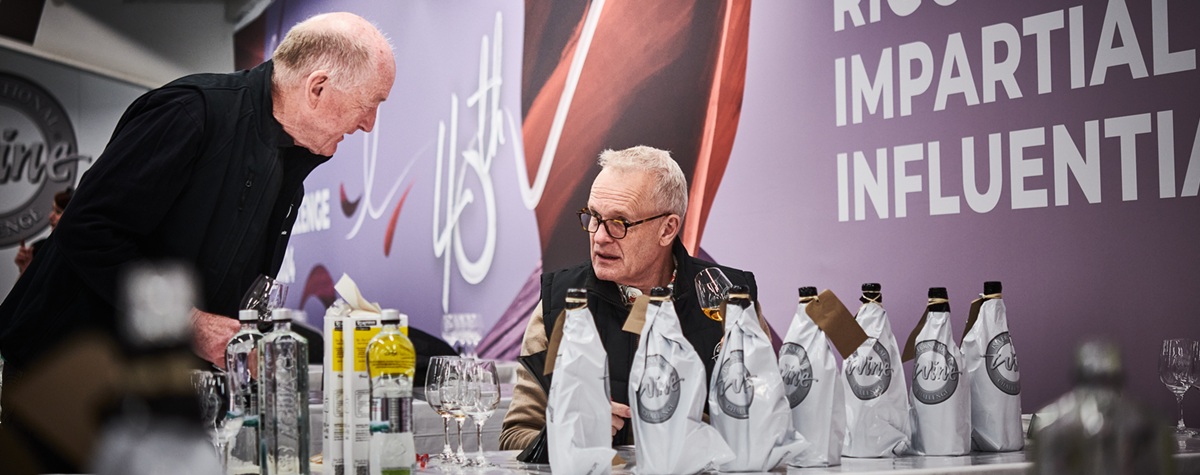The answer, for thousands of wine producers, is a resounding yes. Winning a medal or award can have a significant impact on brand reputation, sales, and distribution opportunities. Here’s why…
1 Credibility and recognition
Winning a gold, silver, or bronze medal from a highly respected competition like the IWC immediately signals to consumers and trade buyers that your wine has been independently judged by experts, including Masters of Wine, sommeliers, winemakers, and buyers, ensuring the awards carry real weight.Each medal-winning wine at the IWC goes through two rounds of blind tastings. Each judging panel is led by a recognised wine expert. These include: Nick Adams MW, Clive Barlow MW, Dr Winnie Bowman, Christy Canterbury MW, Martin Moran MW, Ken Ohashi MW, Madeleine Stenwreth MW, and Cathy Van Zyl MW.
And each of their medal decisions is double-checked by the IWC’s esteemed co-chairs: Tim Atkin MW, Sam Caporn MW, Oz Clarke, Dr Jamie Goode, Peter McCombie MW, and Helen McGinn.

Oz Clarke comments: “Wineries should enter the IWC because they know they will be rigorously judged by highly skilled global judges and by the co-chairs who, between them, will cover every possible style of wine that the world has to offer.”
For established brands, it reinforces their image of quality and consistency. For smaller producers and emerging wine regions, a medal can put them on the global map.
Example: In 2018, an English sparkling wine from Nyetimber won a gold medal at the IWC, and head winemaker Cherie Spriggs was named IWC Sparkling Winemaker of the Year. These prestigious awards raised the profile of Nyetimber and English sparkling wines.
Eric Heerema, owner and CEO of Nyetimber, says: "The IWC offers an amazing seal of approval from some of the leading Masters of Wine and other leading experts in the wine industry. The awards confirm the high quality of our English sparkling wines, as well as of our growing industry on a global scale, and can help to attract more people to this fantastic category.”
2 Boosting sales and marketability
Consumers often use medals and scores as shortcuts for decision-making. A gold or silver medal prominently displayed on a bottle or in marketing materials can increase sales significantly.Retail impact:
- Supermarkets and wine merchants are more likely to stock wines with award credentials.
- Restaurants and sommeliers trust competition results when selecting wines for their lists.
- Online retailers prominently feature medals in product descriptions, increasing click-through rates and conversions.
3 Gaining media attention and prestige
Competitions generate global press coverage, and award-winning wines often appear in wine magazines, blogs, and newspapers. This free publicity helps wineries stand out in a competitive market.Example: Camel Valley, in Cornwall, England, has been winning medals since 2005. Winemaker Sam Lindo says it’s their main marketing tool. “Entering the Wine Challenge is our marketing spend. That’s it, that’s all we do.
“The number one reason we enter is, if you have success, the Wine Challenge will market your wines better than any other competition, that’s for sure. We also use it to benchmark our wines to see where we are with the quality of the wine, especially with our sparkling wines.
“It’s great to get that independent feedback, and it’s a really cost-effective way of doing that. Also, if the wine is in shops, people pick up wines with medals on.”
Sam adds: “When we won best rosé sparkling in the world in the 2012 Wine Challenge, people came from far and wide to find out what the best sparkling rosé in the world tasted like.”
4 Attracting importers and distributors
For wineries looking to expand into new markets, an award serves as a stamp of approval. Many importers actively seek wines that have won competitions because they know these wines have already been vetted by professionals.Example: Rosie Dunphy, owner of Coal Pit Wines in New Zealand, says: “By winning the IWC awards multiple times, it actually gave us recognition on a global scale. Now we are fortunate enough to be exporting to America, Australia, the UK, Canada, and Singapore.”
5. Benchmarking against the competition

Submitting wines to competitions allows producers to compare their quality against peers. Judges provide detailed feedback on all wines entered into the IWC, irrespective of medal status – helping winemakers refine their techniques and improve future vintages.
Example: One sparkling wine producer uses the competition to test their dosage – tweaking it for subsequent bottlings if they get a bronze or commended instead of a gold or silver.
Is the entry fee worth it?
The entry fee for the IWC is £167 per bottle (+ VAT if you are based in the UK), plus shipping costs. While this is an investment, the potential return on investment (ROI) – through increased sales, visibility, and credibility – often outweighs the cost.Producers should consider:
- Target markets: Will a win help penetrate new markets? For example, many of the alcohol monopolies in countries such as Finland, Iceland, Norway, Sweden, and Canada seek wines with the third-party endorsement of a medal from a respected international wine competition, like the IWC.
- Marketing strategy: Will you be able to leverage the success in promotional campaigns and on social media?
- Benchmarking: Is the wine as good as you think it is? How does it stand up to similar wines from around the world? How will experts – buyers and critics – score it when tasting blind?
Conclusion
For serious wine producers, entering the International Wine Challenge can be a highly effective strategy. A medal can open doors to retailers, distributors, and new markets, drive consumer demand, and position a brand as a leader in quality. While not every entry will win, the potential benefits far outweigh the risks, making this competition a worthwhile investment for those looking to grow their brand and sales.The deadlines for entries are fast approaching!
IWC 2025 timelineEntry closes: March 25, 2025
Consolidated shipping delivery deadline: February 28, 2025
Private shipping deadline: March 25, 2025
Judging: April 22 to May 5, 2025
IWC Medal results: May 20, 2025
IWC Trophy results: May 27, 2025
IWC Awards: September 9, 2025
Click here for further details.

 English
English French
French







.png)


